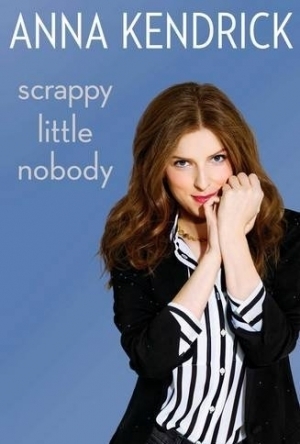
Scrappy Little Nobody
Book
'Fearsome wit' Elle 'Charming' Buzzfeed 'Ridiculously entertaining' Associated Press 'Endearingly...
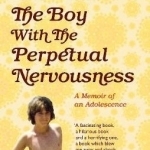
The Boy with the Perpetual Nervousness: A Memoir of an Adolescence
Book
Graham Caveney was born in 1964 in Accrington: a town in the north of England, formerly known for...
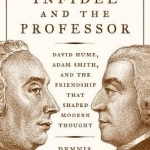
The Infidel and the Professor: David Hume, Adam Smith, and the Friendship That Shaped Modern Thought
Book
The story of the greatest of all philosophical friendships--and how it influenced modern thought...
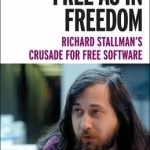
Free as in Freedom: Richard Stallman's Crusade for Free Software
Book
Free as in Freedom interweaves biographical snapshots of GNU project founder Richard Stallman with...
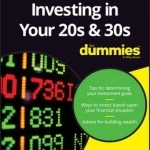
Investing in Your 20s & 30s For Dummies
Book
Investing in Your 20s & 30s For Dummies (9781119293415) was previously published as Investing in...
Children of the Prison Boom: Mass Incarceration and the Future of American Inequality
Sara Wakefield and Christopher Wildeman
Book
An unrelenting prison boom, marked by stark racial disparities, pulled a disproportionate number of...
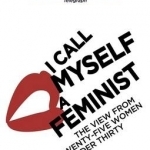
I Call Myself A Feminist: The View from Twenty-Five Women Under Thirty
Book
Is feminism still a dirty word? We asked twenty-five of the brightest, funniest, bravest young women...
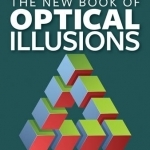
The New Book of Optical Illusions
Book
The New Book of Optical Illusions is a mind-bending collection of 150 of the most significant...
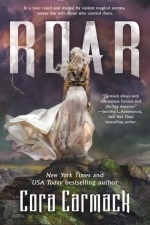
Roar
Book
New York Times bestselling author Cora Carmack's young adult debut: Roar. In a land ruled and...
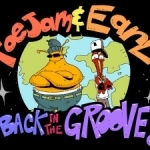
ToeJam & Earl: Back in the Groove
Video Game Watch
ToeJam and Earl: Back in the Groove is an all-new adventure developed by the co-creator of the OG...
action adventure
